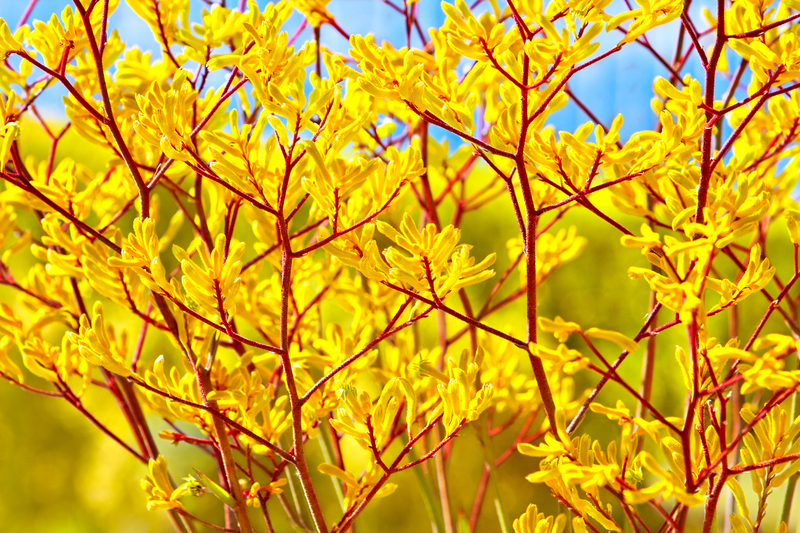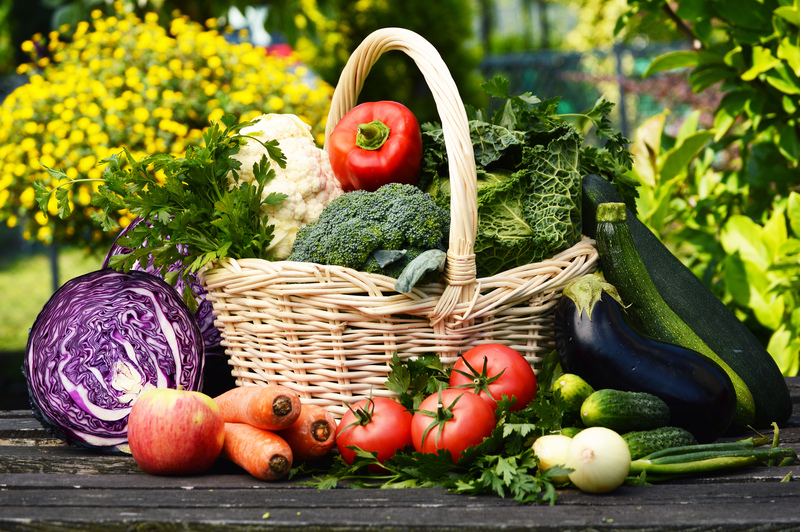The best trees & shrubs to landscape with
Posted on 06/03/2024
When landscaping your outdoor living space, one of the most important considerations is selecting plants that suit both the look and feel of your environment. Trees and shrubs are essential components in any landscaping project, as they provide structure, shade, privacy, and can help bring nature into your outdoor area. Choosing the right trees and shrubs for your landscape can be a daunting task; there are many varieties to choose from, and each has its own set of characteristics and maintenance requirements. To help you make an informed decision for your specific needs, we've prepared this guide outlining some of the best trees and shrubs to use when landscaping your yard.
Oak Trees
Oak trees have been popularly used as landscape elements since ancient times. Their strong roots make them incredibly stable in stormy weather conditions. Oak trees also have a large umbrella shaped canopy that provides excellent shade coverage and leaves room for smaller plants to grow underneath. Oaks can take up to 20 years to reach maturity, but are well worth the wait as they become a beautiful addition to any landscape design. They require regular pruning however, as young oak branches need to be thinned out to ensure proper growth.

Maple Trees
Maple trees are a great choice for those who want something fast growing with bright foliage that will add color to their yard during autumn months. Maples grow relatively quickly (10-15 years) and once mature have a broad spreading canopy with thick leaves which makes them ideal for providing excellent coverage for larger areas around homes or other structures. Maple trees also offer good shade coverage during summer months, however like most fast growing species they tend require more frequent pruning than slower growing varieties such as oak or pine trees.
Japanese Black Pine
Japanese black pine is an evergreen tree native to Japan that is prized for its graceful tall form and ornamental needles. This tree is slow growing and requires little maintenance making it an ideal choice if you require something that doesn't need constant pruning and upkeep. Its needles are dense enough to provide good wind resistance even in heavy storms providing a very stable source of shade throughout the year. Japanese black pines also produce small dark cones which give off a unique charm throughout winter months adding a nice visual contrast to traditional green-needled evergreens.
Arborvitae
Thujas (also known as arborvitae) are an extremely popular choice when it comes to landscaping projects due to their dense evergreen needles which makes them great at blocking out windstorms while providing privacy far superior than fences or hedges can offer. Thujas come in many variations from dwarf varieties suitable for rock gardens or container planters all the way up towering giants capable of blocking out unwanted views or trespassers from afar. Planting thujas is relatively easy when compared with other species; they do not require regular pruning and can survive with minimal care on most soil types with some protection from direct sunlight - though they do require supplementary irrigation during dry spells so access to water is recommended if you decide on using this tree in your landscaping projects.

Rhododendron Bushes
Rhododendrons are beautiful flowering shrubs native to Asia that can bring color into any landscape; they can produce bright clusters of flowers in shades ranging from deep purple or pink depending on variety planted during late spring early summer season making them perfect companion plants near patios or decks where people tend to spend more time outdoors during warmer months. Rhododendrons require nutritious acidic soils rich with organic matter so some yearly fertilization is recommended alongside regular watering practice; for best results mulch should be used around plant base because this helps retain moisture which rhododendrons need for stem growth and flower production during summer months.
Viburnum Bushes
Viburnums come in many different sizes and shapes so you're sure to find one that fits perfectly into whatever part of your garden needs some extra greenery; their wide range of colors makes them great natural decorations while their fragrant flowers bring about pleasant aroma during springtime adding another layer of natural scent into any yard design project. Viburnums are usually low maintenance requiring only occasional pruning depending on size although they do need access to plenty of sunlight-filled open spaces; moist yet well-drained soils also help with better plant growth performance especially when combined with fertilization practices carried out every few seasons or so






